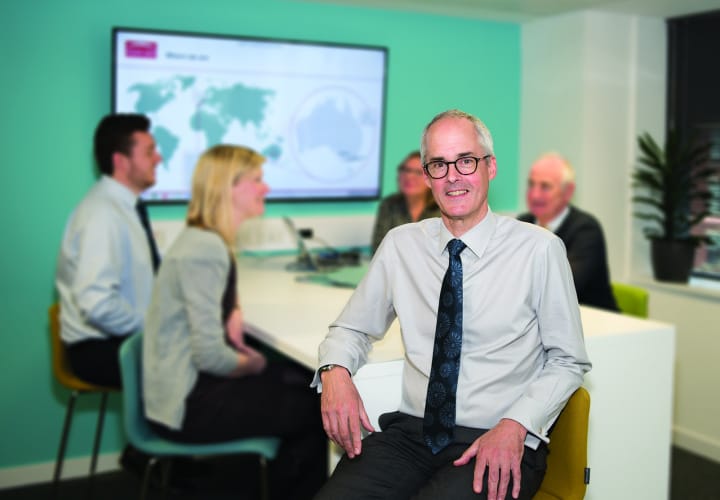
As we celebrate all the innovations entered into 2019’s Collaborate to Innovate (C2I) awards – and perhaps even start to think of the novel solutions in our development pipelines for entry in 2020 – we should, I believe, be looking beyond the next few years, and into the more distant future. This century will bring advances in technology, equipment and systems that we can’t yet imagine but, for the present, our profession is being held back by a lack of entrants wanting to join its ranks. How are the young innovators, who have taken part in the great programmes entered into C2I this year, going to ensure that the well of innovation doesn’t run dry?
We must address people’s misconceptions about the industry – whether these beliefs are about the gender, ethnicity, sexuality or socio-economic background of who becomes an engineer
The skills shortage in engineering is, of course, well-recognised: the government has predicted a shortfall of around 186,000 engineers each year until 2024. But, even by 2024, the range of expertise needed by many engineers will have changed. Data and digital technologies are revolutionising today’s healthcare; advanced materials are delivering increases in sensors’ efficiency, enabling us to gather useful information; and intelligent systems are transforming our travels. Our future innovators will need to develop a good understanding of ‘new’ skills such as coding, modelling, simulation, and systems architecture as we move towards this ‘digitopia’.
So we need to fill this skills gap, both for now and for our future. As an industry, we need to be working together to ensure that today’s students appreciate how interesting, challenging and exciting a career in engineering can be. We must address people’s misconceptions about the industry – whether these beliefs are about the gender, ethnicity, sexuality or socio-economic background of who becomes an engineer – and, as the Institution of Engineering and Technology (IET) suggests, ‘smash stereotypes to bits’. But, in encouraging tomorrow’s engineers, we mustn’t forget today’s – we need to upskill our existing people with lifelong learning, to ensure they are fully engaged with new technological advances.
Engineers have always focused on providing solutions to global problems – from delivering affordable energy and clean water, to empowering communication across vast distances, to ensuring structures are safe. But tomorrow’s engineers will have to ensure that the answers they are offering to society’s big questions are also sustainable and ethical. This goes beyond solely the technical aspects – in an increasingly automated world, engineers must make sure their new systems have the human user at their heart.
I have every faith that tomorrow’s engineers will be up to the challenge. Just as today’s engineers and C2I show, they will be creative, questioning and curious about the world and the things in it, and want to use their critical thinking and ingenuity to solve problems. They’ll be able to manage projects, plan, budget and negotiate; have incredible communication skills and be fantastic members of successful teams. And, just like today, they’ll use their commercial thinking skills to create new business and delivery models.
As we’ve seen from C2I, collaboration is a crucial element of innovation. Today’s engineers must work with those entering the profession – or with the potential to enter it – to mentor them and pass on their experience. But mentoring is a two-way process, and we have just as much to learn from tomorrow’s engineers as they have from us, to ensure that our pipeline of ideas keeps flowing.
Frazer-Nash Consultancy is the headline sponsor for C2I 2019
Frazer-Nash is a leading systems and engineering technology company. With over 800 employees, Frazer-Nash works from a network of ten UK and three Australian locations. Its consultants apply their expertise to develop, enhance and protect clients' critical assets, systems and processes.











McMurtry Spéirling defies gravity using fan downforce
Ground effect fans were banned from competitive motorsport from the end of the 1978 season following the introduction of Gordon Murray's Brabham...